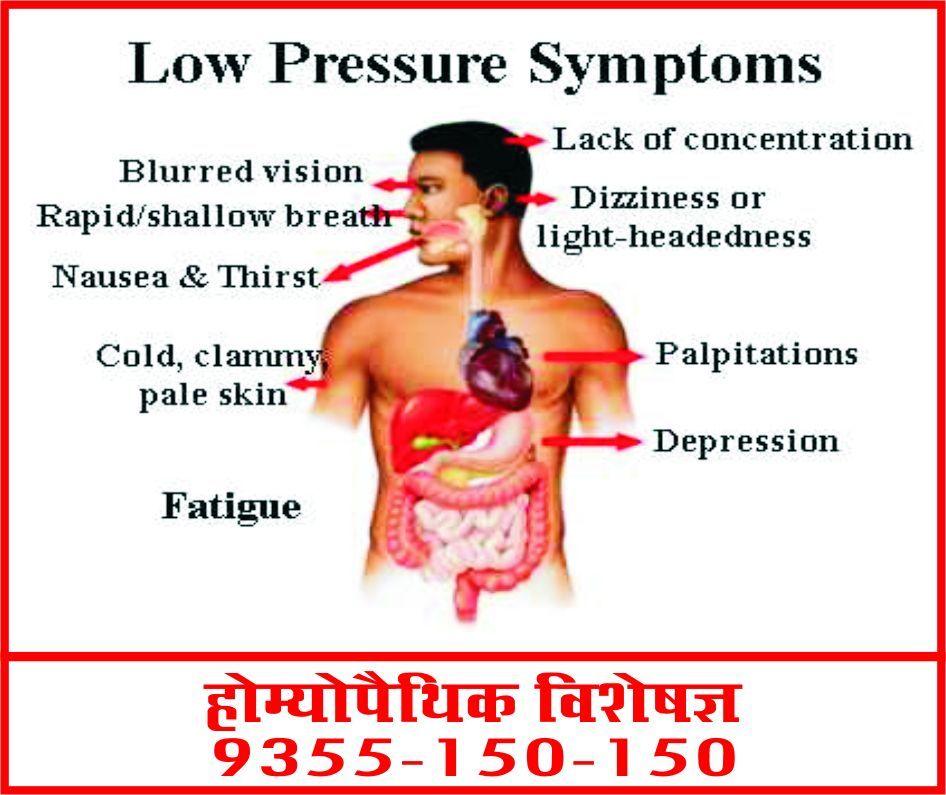
If you are experiencing symptoms of low blood pressure, you may be wondering how to treat it. This overview will explain the underlying causes, treatments, and lifestyle changes that can help you manage hypotension. When you exercise, your blood pressure goes down and the force of the heart pumping is increased. Your body uses this blood to digest food, which reduces your blood pressure. If you exercise on a regular basis, you can prevent low-blood pressure and increase the flow of blood to your extremities.
The cause of low blood pressure is a complex one, and a doctor should be consulted immediately. It can be caused by a number of things, including allergies to certain foods, medications, and certain types of venom. The signs of hypotension are similar to those of other medical conditions, so it’s important to consult a medical professional if you notice any of these symptoms. It’s important to remember that you may have an underactive thyroid, which means your blood pressure can drop quickly.
Some people with low blood pressure may have a high risk for stroke. This condition is common in older people, but can also be caused by a medical condition or an allergy. Some causes include a heart problem or an irregular heartbeat. If you don’t recognize the cause, seek medical attention immediately. It’s important to seek medical attention if you have symptoms of low blood pressure. There are different types of this condition, depending on the cause.
Those with low blood pressure may have some or all of the above symptoms. While they’re not life-threatening, they can be dangerous. Some people with low blood pressure may have serious problems that require urgent care. Some people may experience a sudden and severe drop in their blood pressure. If this is the case, a low blood pressure treatment can lead to serious complications. If you’re unsure, call your doctor to discuss your options.
Despite the fact that low blood pressure is a common problem, it can be deadly. In addition to anemia and cardiovascular disease, people with low blood pressure often have breathing problems, fatigue, and itching. Anaphylaxis can cause a severe drop in blood pressure, and the symptoms can include a rapid heartbeat and headaches. When you experience these symptoms, you’re not only at risk of stroke and heart attack, but you’ll also experience fatigue, nausea, and thirst.
When the blood flow is low, the kidneys have less time to remove waste. In severe cases, the blood pressure may be so low that it affects your kidneys. During these conditions, you may experience lightheadedness, nausea, and dizziness. If you’re not aware of your low blood pressure, you might feel tired and weak. These symptoms could be caused by a number of factors, including a food allergy.
Among the causes of low blood pressure, there are certain food additives and medications that can cause severe dizziness and hives. If you suffer from anaphylaxis, you should not drink alcohol or other substances that cause dehydration. Water can help your body combat this problem and balance your blood pressure. If you drink alcoholic beverages, you should stop. If you drink alcohol, your blood pressure may drop too low and can cause you to collapse.
People with certain medical conditions are at higher risk for low blood pressure. Some of these conditions include diabetes, Parkinson’s disease, and certain heart problems. Signs and symptoms of low blood pressure range from mild to severe and can affect anyone. Some symptoms can be life-threatening and require immediate medical attention. If you are experiencing these symptoms, you may be suffering from a serious case of low blood pressure. While not life-threatening, it can cause dizziness, hives, and fatigue.
Site https://www.somosmass99.com.mx/ reminds you that a serious condition that can lead to low blood pressure can cause breathing problems and even septic shock. There are several causes of low blood pressure, including: anaphylaxis, thyroid disease, and heart valve problems. If you are experiencing a low blood pressure reaction, you are likely to experience dizziness and fatigue. In addition, anaphylaxis can lead to severe dehydration and life-threatening complications.